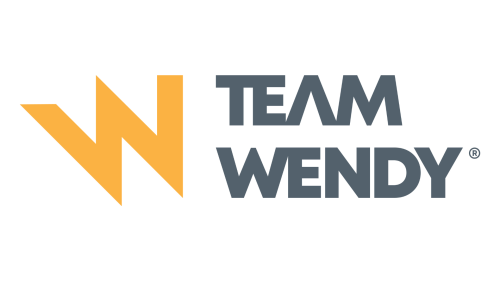By Hadley Barndollar
masslive.com
FALL RIVER, Mass. — After a deadly fire at the Gabriel House assisted living facility in Fall River killed 10 people this summer, a MassLive investigation published last month revealed critical loopholes in the fire sprinkler inspection system in Massachusetts.
| MORE: ‘Send me everybody': Timeline, audio of fatal Mass. assisted-living facility fire released
The reporting highlighted a haphazard “honor system,” significant staffing shortages in fire departments and a lack of centralized oversight, all of which can compromise public safety.
These are four takeaways from MassLive’s reporting.
1. Inspections rely on a flawed ‘honor system’
At the core of Massachusetts’ fire safety oversight for sprinkler systems is a model that places the legal responsibility of inspections and maintenance on building owners, who most often hire contractors to do the work.
Fire departments, often lacking the resources for independent verification, largely trust the documentation provided by building owners, which shows the inspections had been completed. This “honor system,” codified in national fire safety standards beyond Massachusetts, creates an inherent risk where critical safety checks can be missed or neglected.
As seen in the Gabriel House fire, where a mandatory five-year internal sprinkler inspection was overdue, relying on owner compliance can have serious consequences if deficiencies are not detected.
2. Systemic understaffing and a lack of centralization hurt enforcement
The state’s ability to enforce fire codes is severely hampered by systemic issues.
A recent survey found that nearly every fire department in Massachusetts reports being understaffed, with fire prevention units often being the first to face budget cuts. This shortage makes it virtually impossible for inspectors to conduct thorough investigations at all of the buildings they are responsible for in their respective cities and towns.
Compounding the problem is the absence of a centralized statewide mechanism — such as a database — for tracking fire code violations.
Enforcement of violations is left to individual municipalities, resulting in a scattershot approach where follow-up on noncompliant building owners varies drastically from one jurisdiction to another.
3. The Gabriel House fire highlights system loopholes
The July fire at Gabriel House in Fall River serves as a tragic case study of the system’s weaknesses.
Sources with knowledge of the ongoing investigation told MassLive that a sprinkler failed to activate in the room where the fire started. A comprehensive five-year internal inspection of the system was overdue, they also said, and several lawsuits allege the sprinklers contained parts that had been recalled decades ago.
Despite these issues, the building had repeatedly passed annual inspections conducted by the Fall River Fire Department. Fall River’s fire chief admitted that inspectors rely on licensed contractors and would not necessarily notice a missing five-year inspection tag, for example, underscoring how easily critical deficiencies can be overlooked.
4. Fire safety regulations only advance after tragedies — and often face opposition
One Boston Fire Department official told MassLive that fire safety regulations are often “written in blood,” meaning significant changes are almost exclusively implemented in response to catastrophic events that result in a large number of deaths, like the historic Cocoanut Grove and Station Nightclub fires.
This reactive approach can be exacerbated by a national anti-regulatory movement, with industries such as homebuilding actively lobbying to weaken fire codes and block new mandates, such as requirements for sprinklers in new single-family homes.
This creates a constant tension — one where municipal budget concerns and industry interests often stall public safety improvements, until a tragedy forces the issue.
Note: Artificial intelligence was used to help generate this story from original content created by MassLive.com. It was reviewed and edited by MassLive staff.
©2025 Advance Local Media LLC.
Visit masslive.com.
Distributed by Tribune Content Agency, LLC.






